Why do we write? Is it for fame and fortune? Not if we’re realistic. Most of us write because we have a story to tell and a desire to tell it. We either want to write for and communicate with others or take a more personal approach and reflect on our experiences to learn from them.
Writing for others can take many paths. Whether it’s an out-of-this-world fantasy or an inspirational tale of overcoming the odds, we benefit physically, mentally, emotionally, and psychologically from the act of transforming our thoughts into words.
Writing helps one relax and unwind, easing pressure and stress. Transforming thoughts to words also works as an outlet for an active imagination. Sitting comfortably in your favorite spot tuning out the world while tuning in to your inner thoughts liberates your mind, allowing it to weave disconnected ideas into one chapter after another. As the tale grows, the satisfaction, confidence, and faith in your success far outweigh any self‑doubts holding you back. In other words, it makes you feel good.
Writing can help you share important information to others who may need it. It may start as only a collection of your personal feelings but becomes much more as you journal your experiences while dealing with a difficult situation. Re-reading your words helps you objectively view the positive aspects of the ordeal as well as the negative. You see that you overcame obstacles and achieved more than you thought, and you realize, Hey! I did it! Then you may want to share with others.
Writing may be a form of therapy. A psychology professor conducted an informal study where he asked students to write about the biggest trauma of their lives. At the same time, a control group wrote about neutral topics. He followed both groups for six months and found that during that time the students who wrote about the traumatic events made fewer trips to the doctor than the control group. Coincidence?
Writing for others can take many paths. Whether it’s an out-of-this-world fantasy or an inspirational tale of overcoming the odds, we benefit physically, mentally, emotionally, and psychologically from the act of transforming our thoughts into words.
Writing helps one relax and unwind, easing pressure and stress. Transforming thoughts to words also works as an outlet for an active imagination. Sitting comfortably in your favorite spot tuning out the world while tuning in to your inner thoughts liberates your mind, allowing it to weave disconnected ideas into one chapter after another. As the tale grows, the satisfaction, confidence, and faith in your success far outweigh any self‑doubts holding you back. In other words, it makes you feel good.
Writing can help you share important information to others who may need it. It may start as only a collection of your personal feelings but becomes much more as you journal your experiences while dealing with a difficult situation. Re-reading your words helps you objectively view the positive aspects of the ordeal as well as the negative. You see that you overcame obstacles and achieved more than you thought, and you realize, Hey! I did it! Then you may want to share with others.
Writing may be a form of therapy. A psychology professor conducted an informal study where he asked students to write about the biggest trauma of their lives. At the same time, a control group wrote about neutral topics. He followed both groups for six months and found that during that time the students who wrote about the traumatic events made fewer trips to the doctor than the control group. Coincidence?
| Do readers benefit from the written word? Of course they do! Getting lost in an imaginary world transports a bored child to a deserted island where he searches for a pirate’s lost treasure or accidentally bounces too high on the trampoline launching him into outer space. A child can also have a learning adventure exploring the depths of the ocean looking for deep-sea creatures that glow in the dark. It’s not just kids who benefit from escaping the realities of life. Grown-ups need their “away from it all” time as well. There’s no better way to step into someone else’s shoes and experience the unbearable heat, the terrible thirst, the fear, and the loneliness assaulting an escaped |
heroine as she desperately continues her dangerous trek through a dense jungle. Adults can learn as well. Name a place you’d love to visit but know you never will. Grab a book; it’ll take you there!
Believe in the Power of the Written Word.
Believe in the Power of the Written Word.

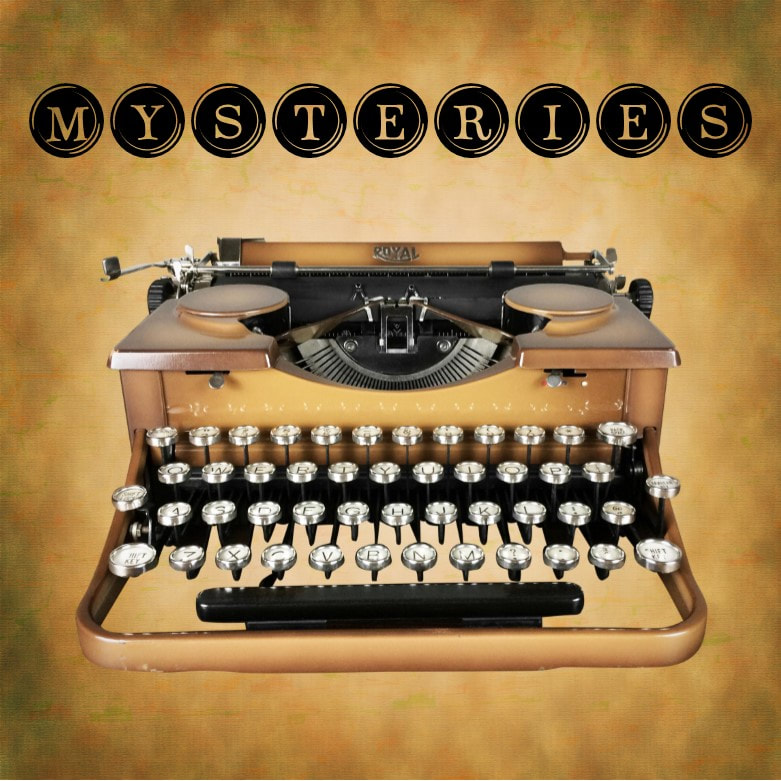
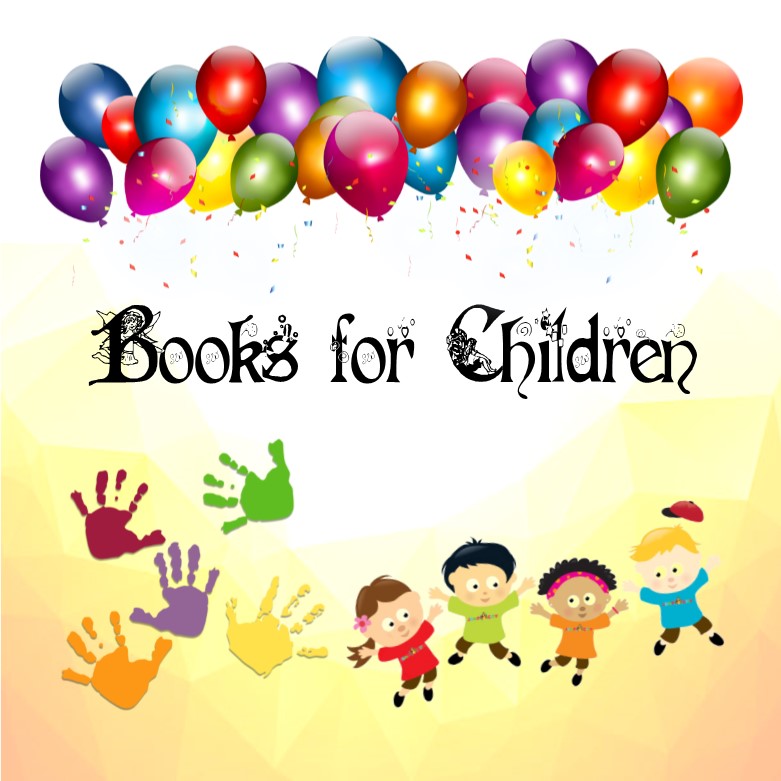
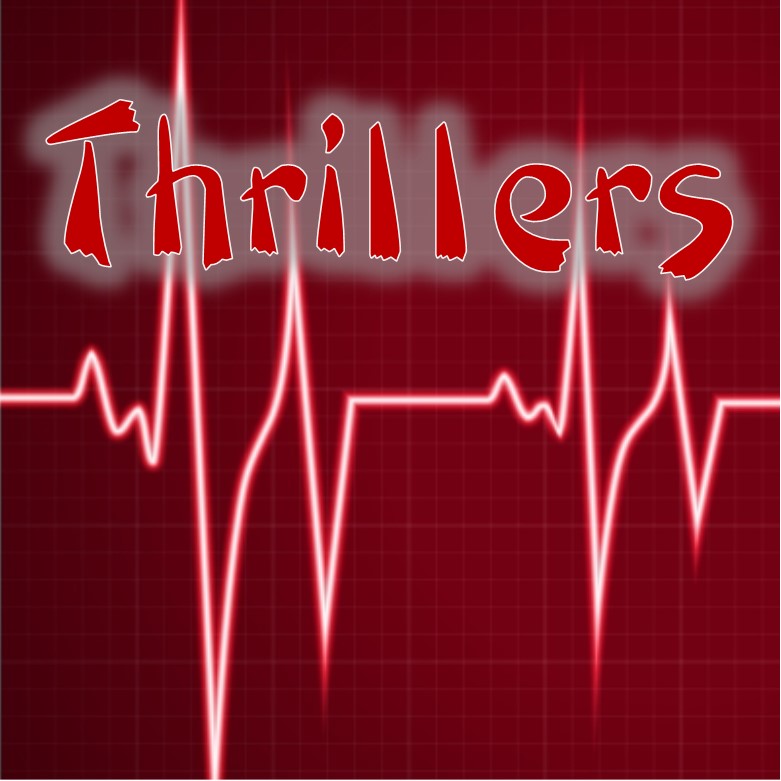




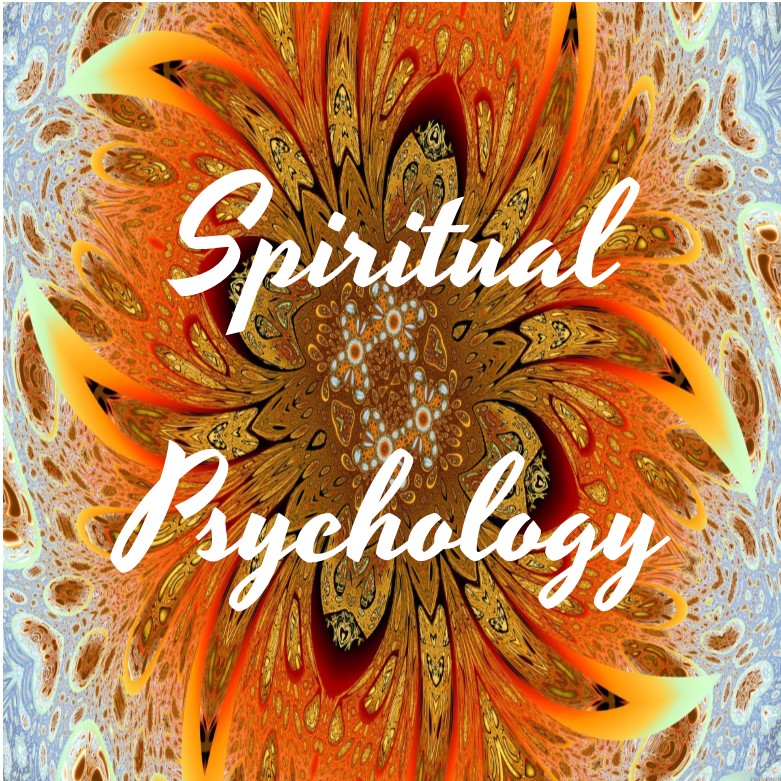
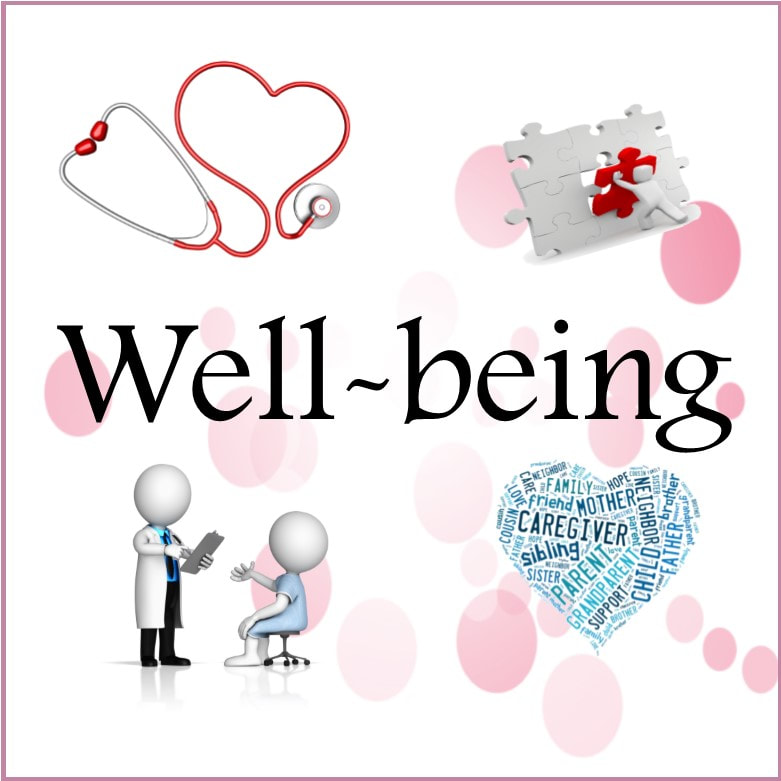
 RSS Feed
RSS Feed